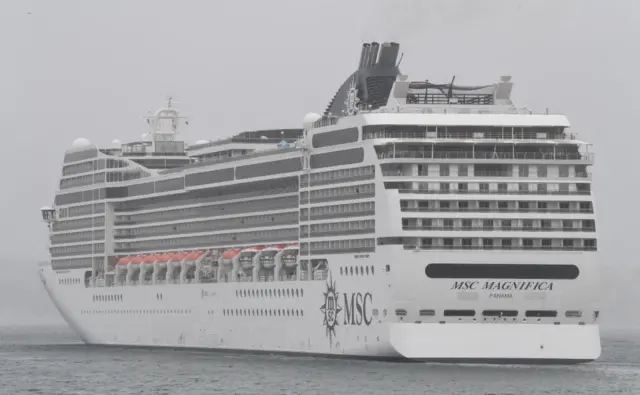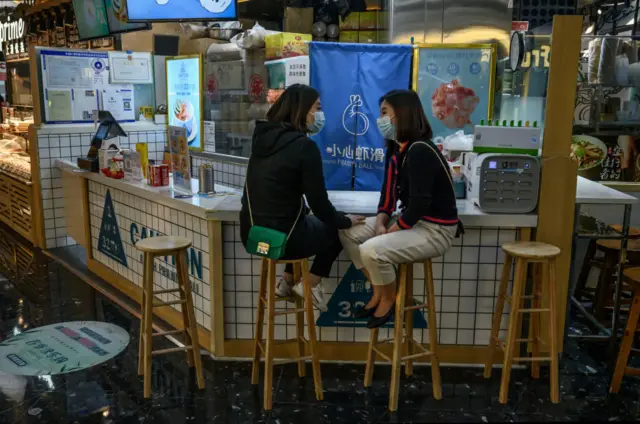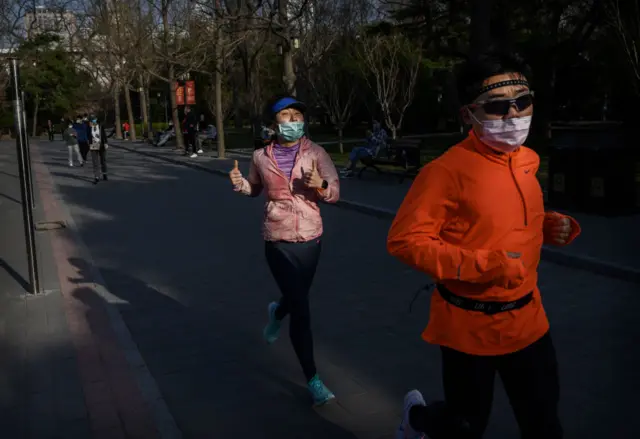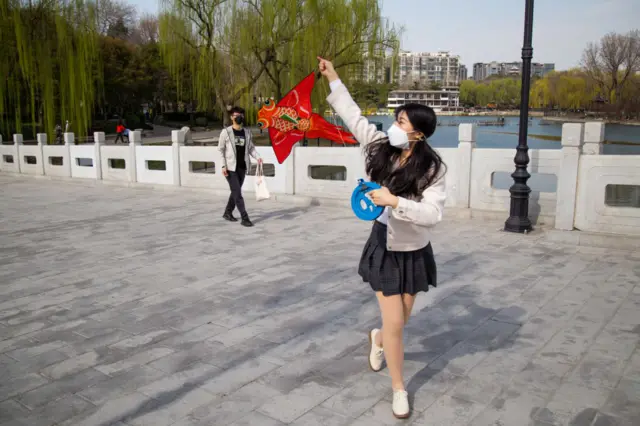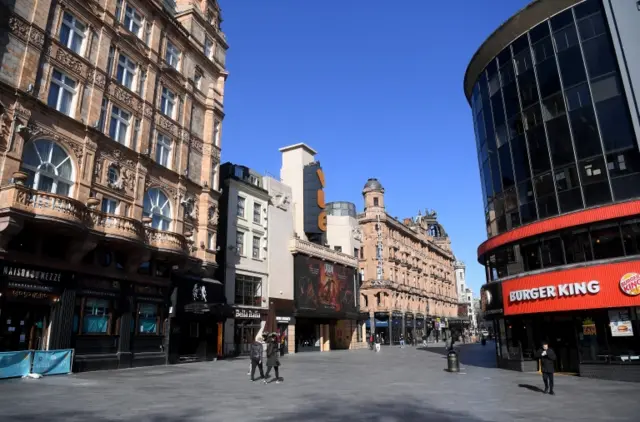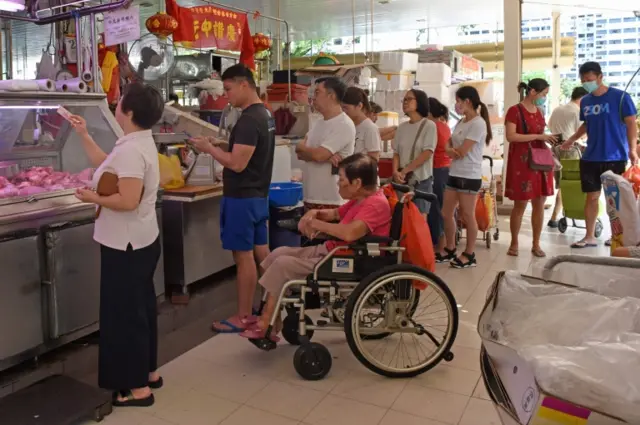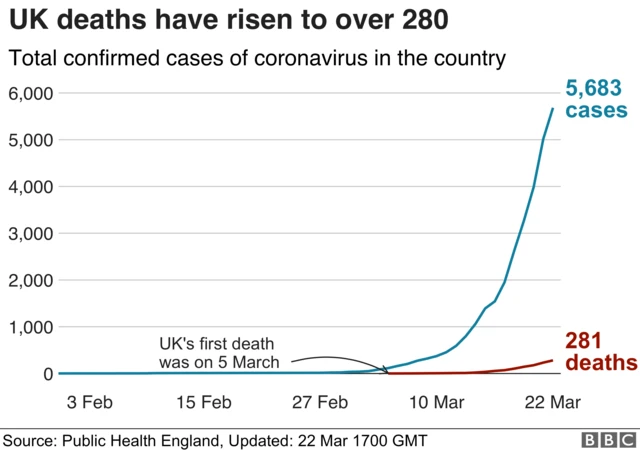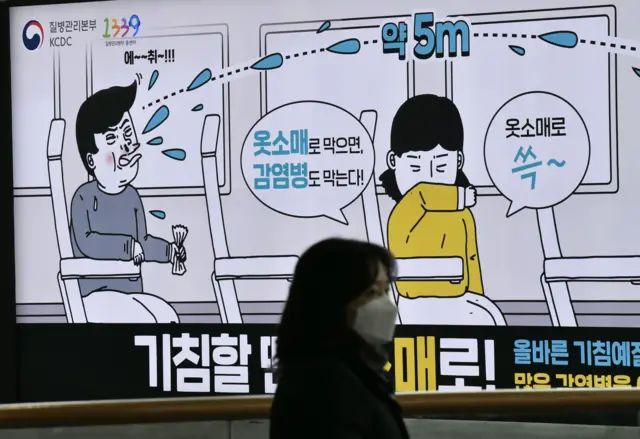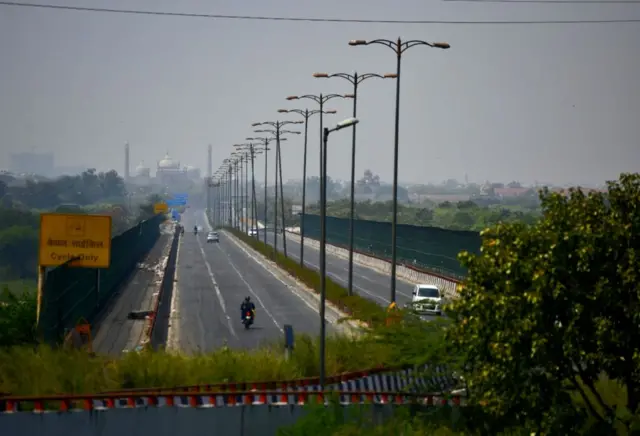Sri Lanka arrests nearly 2,000 people for violating curfewpublished at 06:37 GMT 23 March 2020
Police in Sri Lanka have arrested nearly 2,000 people for violating a nationwide curfew that was declared on Friday.
A police statement said they had arrested 1,754 people for curfew violations. A majority of these, the statement said, had been "aimlessly loitering" on the roads.
Others had been arrested for gathering at playgrounds and drinking, drunk and disorderly behaviour and for opening their shops for trade.
With 87 confirmed cases of coronavirus as of Sunday evening, officials are worried that the country's healthcare system will not be able to cope with a full-blown outbreak.
